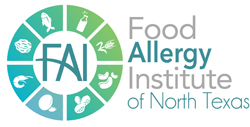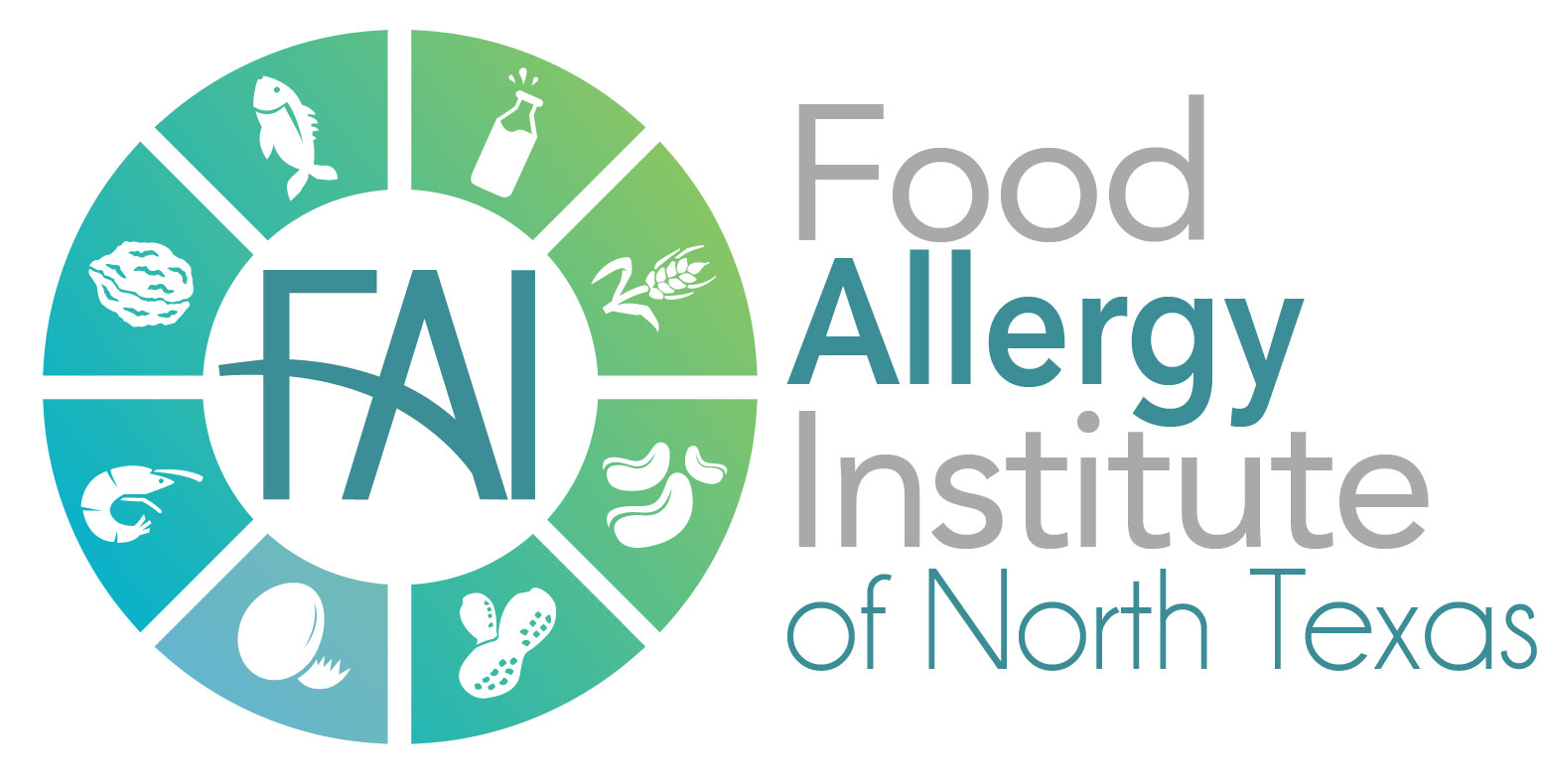27 Jan Are Processed Foods Okay?
Many of us have heard: “Avoid processed foods” when it comes to eating a healthy diet. While some processed foods should be consumed with caution, many actually have a place in a healthy, balanced diet.
What Do Processed Foods Mean?
According to the International Food Information Council Foundation (IFIC), processed foods are any foods that have been deliberately changed from a raw agricultural commodity before it’s available to eat.
Marion Nestle, Professor of Nutrition and Public Health at New York University, says that: “Almost all foods are processed in some way or another, but the degree of processing varies enormously from washing apples to converting potatoes to chips. So, processing depends on how it’s defined along that continuum.”
Processed foods fall on a spectrum from minimally to heavily processed. The IFIC provides the following continuum:
| Type of Food | Examples | |
| Minimally Processed Foods | Bagged spinach, cut vegetables and fruit, roasted nuts, coffee beans | |
| Food processed at their peak to preserve nutrients and freshness | Canned tuna, beans, canned/frozen fruits and vegetables, pureed and jarred baby foods | |
| Foods with ingredients added for flavor and texture (sweeteners, spices, oils, colors) | Packaged foods such as: instant potato mix, rice, cake mix, tomato sauce, dressings, sauces, gelatin | |
| Ready to eat Foods needing minimal or no preparation | Crackers, granola, deli meats, breakfast cereals, ice cream, cheese spreads, fruit drinks, carbonated beverages | |
| Foods packaged to stay fresh and save time | Prepared deli foods and frozen meals, entrees, pot pies, and pizzas. | |
The Positive Side of Processing
Many processed foods can be beneficial and have a place within a healthy diet. Fortified cereals, cheese sticks, cut vegetables and fruits, and whole grain pastas are all quality conveniences for busy people. If some of these conveniences mean that you will consume more fruits, vegetables, and whole grains, then some level of processing is worthwhile.
When it Comes to Healthy Eating, Be a Food Detective
Have a look at the ingredients list and review the nutrition facts panel. Opt for choices that have fewer ingredients. Also, look for hidden sugars, sodium, and fats. Are sugars listed within the first 3 ingredients? Maltose, brown sugar, corn syrup, cane sugar, honey, and fruit juice concentrate all mean sugar.
The Dietary Guidelines for Americans recommend that we consume no more than 2,300mg/day. Many of us take in double that amount. Opt for low sodium choices whenever possible, avoid the salt shaker, and rinse canned beans and vegetables as much as possible.
Trans fats are also common in packaged foods as they increase shelf life and give the product body. Even if a product says it has zero trans fats, check the ingredients list. A product can still claim it has zero trans fats if each serving has less than half a gram of the fat. If partially hydrogenated fats are listed on the ingredients, it’s going to have some trans fats.
In general, while whole foods are always best, minimal processing and moderate intake of heavily processed products are key concepts when it comes to consuming these foods.


